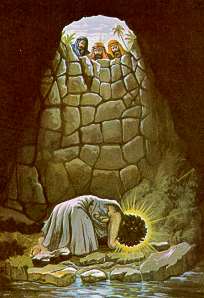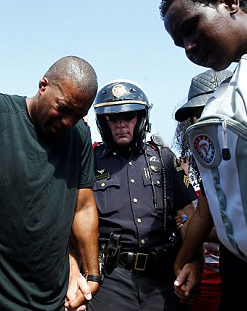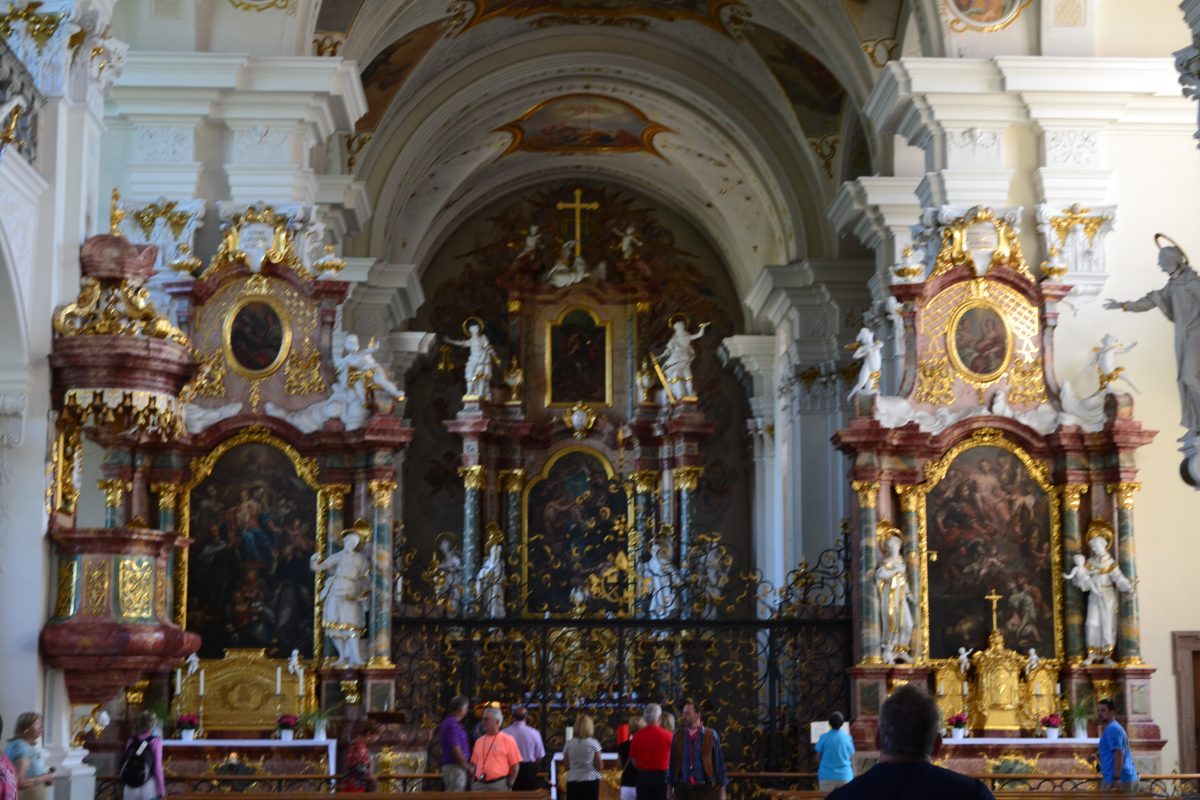Background Passage: Psalm 46:10
There never seems to be enough hours in the day to do all that needs to be done. It is a common lament, particularly in our culture and society. Sadly, we are often our own worst enemy when it comes to making the most of our time each day. We pile one responsibility onto another until we feel as though we are in a frenetic footrace to the sundown.
Nothing we do gets done without the pressure of the next thing that must be done. We seldom have time to slow down to assess what we are doing and why we are doing it. The pervasive god of technology drives us at a frantic pace beyond our escape or control, fueled by our addiction to wave upon wave of contradictory information. The flood of information makes it difficult to discern fact from opinion.
Even when we want to get away, to take back some of the time we have surrendered, we cannot fully disconnect from the world we left behind. Cellphones, internet, global connectivity, make it far too easy for the world to inject itself again into our seclusion.
Pressed from all sides and pounded daily by those trying to tell us how to feel, we lose the opportunity to think clearly and critically about the direction of our lives. The complexity of our activities, relationships and commitments result in knee-jerk reactions to difficult circumstances. Writer Arthur Rosenfeld said we are living a life “high in stress and light on substance,” devoid of spiritual meaning.
The Psalmist faced his own battles with time and circumstance. When the obstacle he faced loomed on the horizon, he reminded himself that there is value in slowing down enough to listen to the voice of God, to hear his words of comfort and feel his sense of peace.
“Be still and know that I am God. “
The words came not as a suggestion, but an imperative. If you want the peace God offers, be still. Amid the chaos and confusion, be still. Amid the tumult and turmoil, be still.
Stop fighting. Let go. Surrender to the possibilities of what God has in store for us. The pace of life that tends to overwhelm us is often self-inflicted noise that overpowers God’s still, small voice of guidance and direction. We fight to control our lives, for some ability to manipulate the world swirling around us. Like being mired in quicksand, our struggle only makes it worse. Be still. Silence the chatter in our souls. Clear our hearts of every distraction. Sit still for once and listen. Really listen.
Know that He is God. The omniscient. The omnipotent. The omnipresent. God knows about everything. Extends his power over everything. Dwells with us in everything. God is…Holy. Sovereign. Faithful. Lord. He knows where we’ve been, where we’re going and what we are trying to do. He knows when we are lost. He understands our fear. He lives with us in the middle of the struggle and will not abandon us along the way.
The psalmist reminds us to surrender our will to God’s will because we can trust who he is and what he is capable of doing in our lives. Knowing he is God allows us to make sense of the clutter and slow the frenzied pace of life that threatens to engulf us.
There never seems to be enough time to do all that needs to be done. I spoke those words myself this week. This I know. If we allow it to do so, modern life will move faster than the speed of thoughtfulness, sweeping us downstream with it. The words of the Father fell upon listening ears today.
“Be still and know that I am God.”
Now, I just have to do it.









